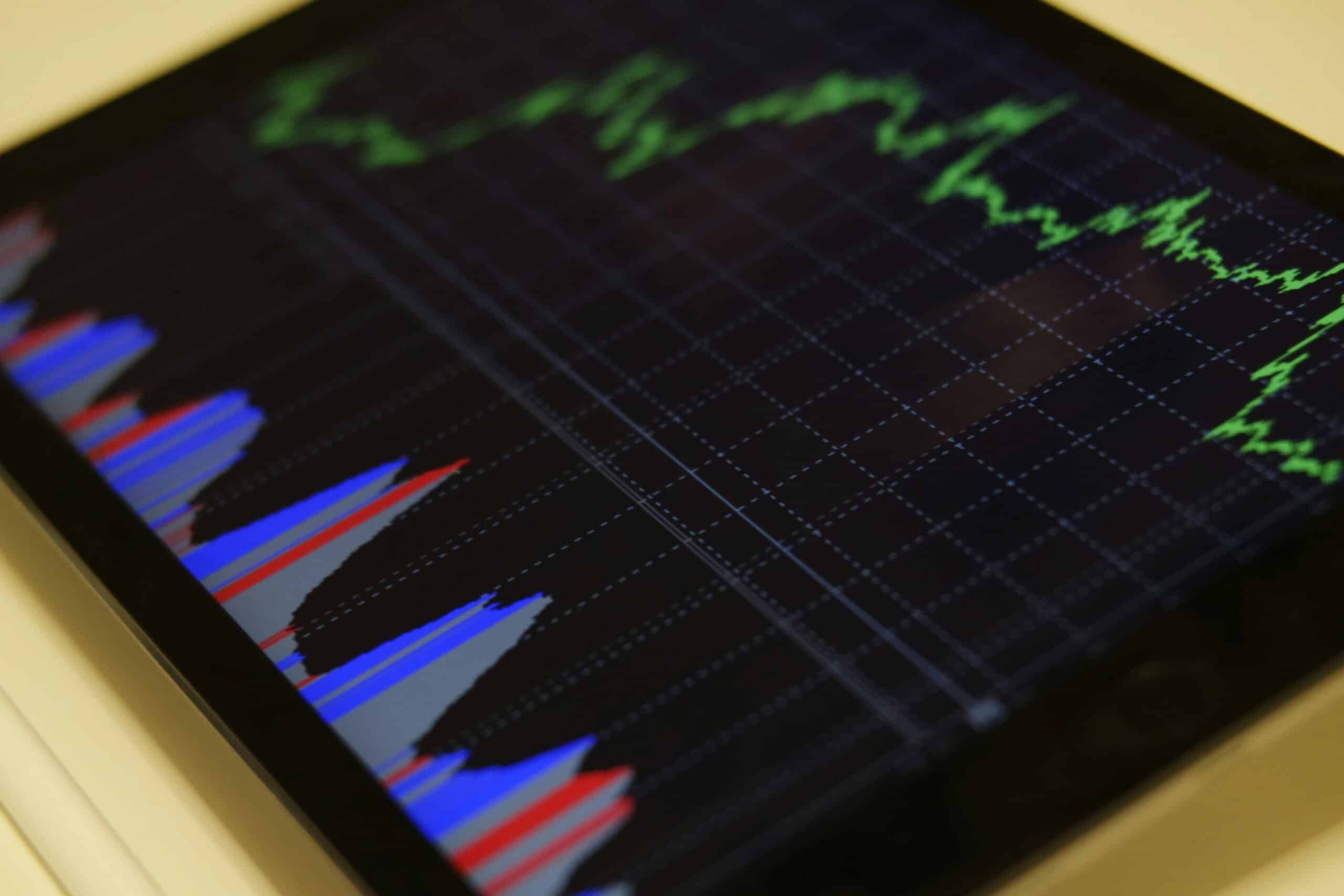Forensic Accounting Degree – Everything You Need to Know
What’s in this guide?
My Bachelor’s degree in forensic accounting was a valuable springboard. The core accounting classes provided a strong foundation, and I actively sought out electives in fraud examination and financial statement analysis. These courses fueled my interest in forensic accounting and prepared me for further studies and industry certifications. Remember, a passion for investigative work and strong analytical skills are crucial for success in this field.
The demand for forensic accountants with strong investigative and analytical skills is on the rise. Fraud is a persistent threat across industries, and organizations are increasingly seeking professionals trained to detect and prevent financial crimes. A Bachelor’s degree in forensic accounting equips you with the foundational knowledge of accounting principles, auditing, and financial analysis. More importantly, it introduces you to specialized forensic accounting topics like fraud examination, anti-money laundering, and digital forensics. These specialized skills, coupled with a growing awareness of financial crime, make a Bachelor’s in forensic accounting a valuable asset for launching a career in this dynamic field.

